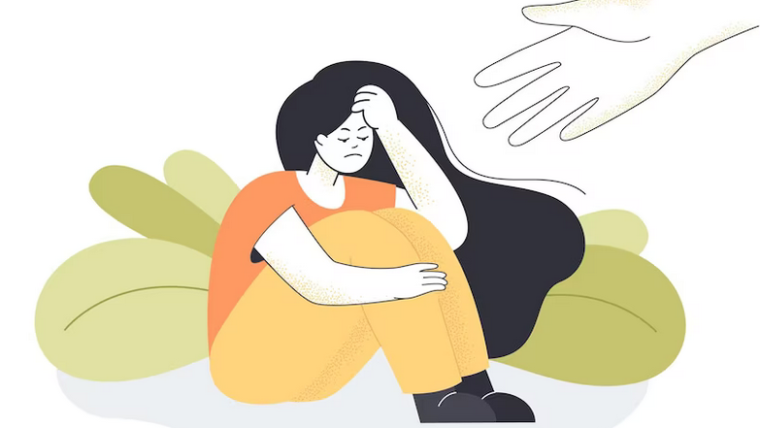India, with its 28% young people population (10 to 24 of age), has renewed their focus on youth issues along with the general improvement of sexual and reproductive health (SRH) in the country. While commendable improvements have been made in terms of maternal mortality rate (MMR), total fertility rate (TFR), and infant mortality rate (IMR), young people in India continue to have inadequate access to information, services and commodities pertaining to their SRH, not least because of the difficulties in implementing an inclusive comprehensive sexuality education (CSE). The current brief looks at the state of CSE in the country, the impact of prevailing patriarchal attitudes in implementation of CSE, and recommendations for the government.




